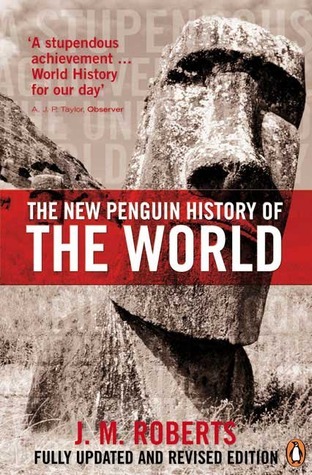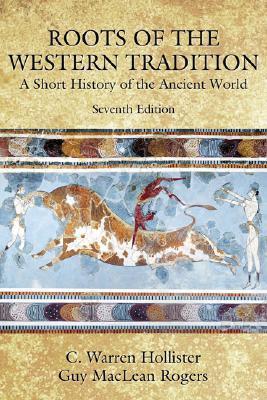
The History of the Ancient World: From the Earliest Accounts to the Fall of Rome
Book Description
Unlock the secrets of civilization’s dawn, where empires rise and fall like the tides. Travel through time to witness the epic struggles and transformative alliances that shaped humanity—from the breathtaking achievements of Mesopotamia to the stunning collapse of Rome. With vivid narrative and meticulous detail, the past becomes alive, revealing the dramas and decisions that echo through the ages. Experience the intertwining lives of legendary figures as they grapple with ambition, betrayal, and the relentless march of history. What lessons do these ancient tales hold for our modern world, and how might they change the way we see ourselves today?
Quick Book Summary
"The History of the Ancient World" by Susan Wise Bauer is an ambitious chronicle traversing the earliest days of human civilization through the fall of the Roman Empire. Bauer weaves together archaeological discoveries, legend, and historical record to narrate the rise and fall of kingdoms, empires, and cultures across Mesopotamia, Egypt, India, China, Greece, and Rome. She explores themes of political power, religious development, and cultural innovation, showing how the actions, ambitions, and failures of individual rulers and everyday people shaped the world. With engaging storytelling, the book reveals how ancient patterns of conquest and diplomacy still echo in modern societies. Bauer encourages readers to consider what enduring lessons these foundational epochs offer for our understanding of politics, culture, and human nature.
Summary of Key Ideas
Table of Contents
The Rise and Fall of Early Civilizations
Human civilization began with small settlements and grew into mighty cities and empires. In the early chapters, Bauer details the agricultural revolution and the emergence of organized societies in Mesopotamia, Egypt, and the Indus Valley. These cultures pioneered urban planning, writing, and governance systems, clashing and aligning as they jostled for resources and influence. The book examines how geography shaped the destinies of these peoples and how their myths and stories explained natural phenomena and justified authority.
Political Power and Leadership
As empires like Babylon, Assyria, and Persia rose and fell, power shifted constantly. Bauer traces how rulers such as Hammurabi, Sennacherib, and Darius wielded military and administrative prowess to expand their realms. The narrative delves into their struggles with succession, rebellion, and disease, highlighting how leadership could make or break an empire. The book explores the personal ambitions and failures of kings and emperors, evaluating the cyclical nature of history as new powers replaced the old.
Cultural Exchange and Innovation
A key theme is the spread and transformation of ideas. Bauer illustrates how trade routes, war, and diplomacy led to the exchange of technologies, philosophies, and art. She describes how the Greeks absorbed knowledge from Egypt and Babylon, and how Alexander’s conquests disseminated Hellenistic culture across continents. The expansion of Rome brought diverse cultures under a single banner, fostering both unity and tension, and spreading innovations that would influence future civilizations.
Religious Evolution and Mythology
Religion and myth underpin ancient worldviews, providing both social cohesion and justification for authority. Bauer discusses the shifts from polytheism to monotheism, especially in the context of Judaism, Zoroastrianism, and early Christianity. She explores the civic and personal roles of religion, how it shaped law, moral codes, and identity, and how religious movements fueled both unity and conflict within empires.
The Enduring Impact of Ancient History
Finally, the book emphasizes how the stories and patterns of the ancient world reverberate today. The fall of Rome serves as a powerful example of how complex societies respond to challenges both internal and external. Bauer encourages reflection on the rise and fall of power, the possibilities and dangers of innovation, and the enduring quest for meaning that permeates human history. The narrative compels readers to see themselves as inheritors of ancient legacies, with lessons relevant to modern dilemmas.
Download This Summary
Get a free PDF of this summary instantly — no email required.





